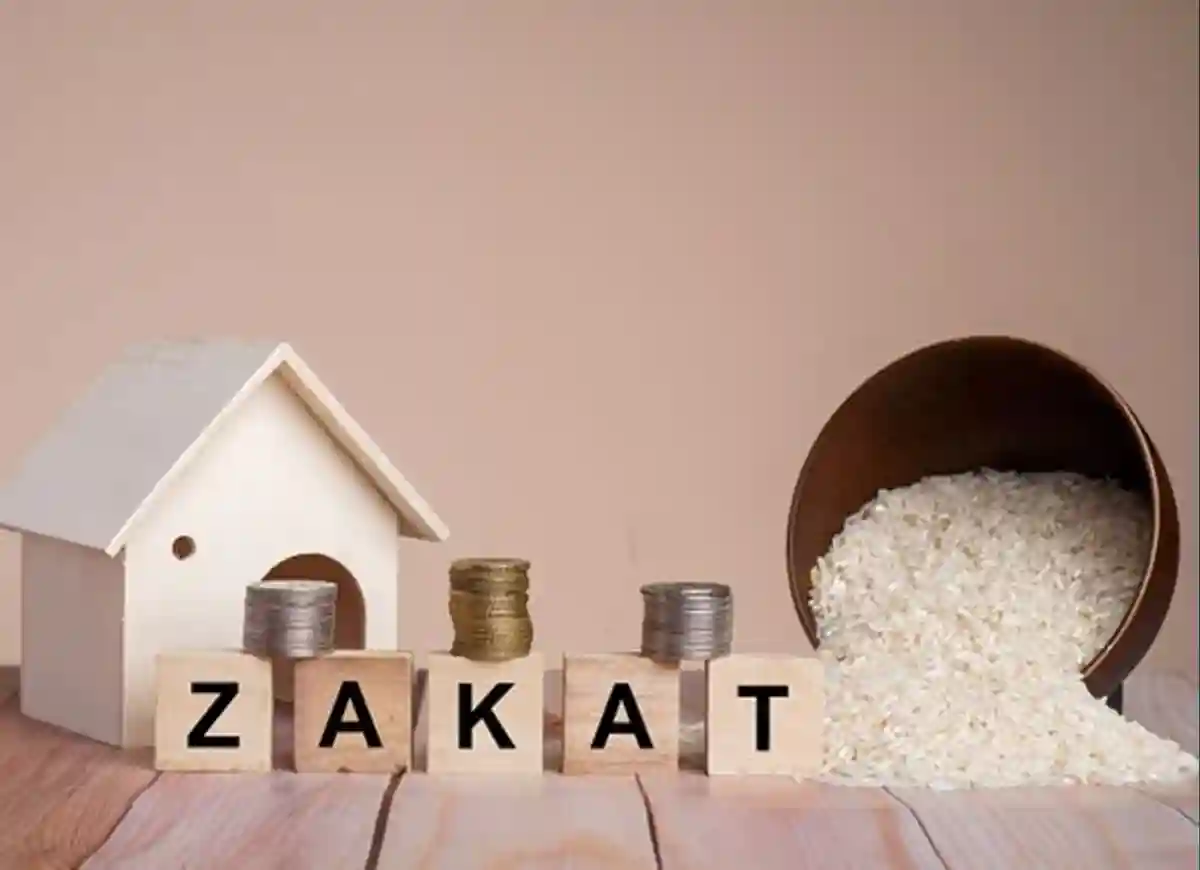Zakat and Charities in the Islamic State: Zakat is a mandatory form of almsgiving in Islam, considered one of the Five Pillars of the faith. It’s seen as a religious obligation and a form of worship, ranking next to prayer in importance according to the Quran.
Here are some key points about Zakat:
Definition:
- It involves donating a specific portion of your wealth each year to charitable causes.
- The minimum amount is typically 2.5% of your total savings and possessions exceeding basic needs.
- It’s not considered a tax, but rather a way to purify your wealth and fulfill your religious duty.
Purpose:
- Zakat aims to help the poor and needy, promote social justice, and reduce wealth inequality.
- It can be used for various causes like providing food, shelter, education, and medical care.
Eligibility:
- Not everyone is required to pay Zakat. You must meet specific criteria related to your wealth and possessions.
- If your wealth falls below a certain threshold during a lunar year, you’re not obligated to pay.
Distribution:
- The Quran mentions eight categories of people who can receive Zakat.
- You can distribute it directly to individuals or through trusted organizations.
Importance:
- Zakat is seen as a way to purify your wealth, increase blessings, and strengthen your connection to God.
- It promotes social responsibility and compassion within the Muslim community.
While zakat is regarded as an obligation, just like prayer, most mostly Muslim nations today don’t have any policies making zakat payment mandatory by the government, in the same way that they don’t generally restrict shops’ operations during times of prayer and the prayer times in mosques, Saudi Arabia and Pakistan are the most prominent countries that apply taxation on zakat, both enforce the Zakat tax using its General Authority of Zakat and Tax Pakistan introduced the Zakat taxation in 1980.
In light of the fact that there is a claim that the Islamic State claims to be the caliphate of Islam, it’s not surprising that the Islamic State tried to impose zakat taxes on Muslim inhabitants of the regions it was in control of throughout Iraq and Syria during the peak in its authority.
The group also created an administrative department specifically to handle zakat taxes and charitable donations called The Diwan al-Zakat wa al-Sadaqat (Department of Zakat and Charities) is one of several administration departments (diwans) It was officially created following the declaration of the Caliphate on June 29, 2014.
ZAKAT:
- Zakah | Zakat al Mal | Zakat – Learn Islam
- Zakat ul Fitr | Muslim Charity – Learn Islam
- Beneficiaries of Zakat | Islamic Relief Worldwide
- Importance and The Significance of Zakat in Islam
- Zakat Facts | Importance of Zakat | Benefits of Zakat
- Zakat al Fitr: The Obligatory Eid Gift to Be Made Before The End of Ramadan
Categories: PRAYER (Salat), ALMS (Zakat), SAWN (Fasting) HAJJ (Pilgrimage) & DUA (Supplications), Hadith and Tafseer, The Holy Quran, Quran Jaz 1- 114
Topics: Ushr and Zakat, Hijab, Arabic Corner, Faith, Islamic History, Biography, Sirat ul Nabi PBUH, Islamic Studies, Halal & Haram








